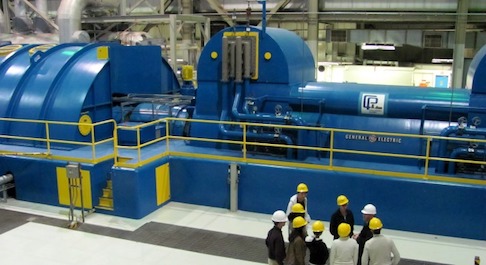Physics is a challenging subject that sharpens the intellect and is beneficial for many fields—law, engineering, medical school. Challenge yourself in a friendly environment wherein you can work on projects at your own pace that are interesting to you. Physics explains the underlying mechanics of everyday phenomena such as projectiles, planets, light, electricity, magnetism, heat and chemical reactions.
Physics leads to interesting and well-paying jobs. Many physics students choose to participate in the dual degree-engineering program in which students earn a degree from Westminster College and a degree from one of our partner engineering schools in as few as 5 years. Physics is an ideal major for the dual-degree engineering program.

Build a strong foundation in the humanities and social sciences, while completing a Pre-Engineering minor and the major of your choice (typically Math or Physics) and complete your engineering studies at one of Westminster's partner institutions (Washington University in St. Louis, Missouri S&T, or Southern Illinois University - Carbondale), then you will have earned two degrees: a Bachelor of Arts from Westminster College AND a Bachelor of Science in Engineering.
Get hands on experience by taking part of a variety of projects outside the classroom like: building rockets and mind-controlled robots, studying nanoparticles via ferrofluids, and taking trips to a nuclear reactor.
“Westminster being a small liberal arts college had many advantages for a Physics major like me. First, we had the privilege of a small group of students in any lecture class of about 8-10 students or less. This also meant we could enjoy much time and space for different research projects that could be performed in one of the many Physics labs.”
Bhuwan Ghimire, '12, IPR-AP Fellow for DIISR
Physics is the fundamental natural science because it describes how the universe works in terms of its most fundamental physical entities and processes. Since physics is beneficial for many fields, the addition of a physics minor to you Westminster education would help lay a strong foundation to build upon your career goals no matter what field you plan to pursue.